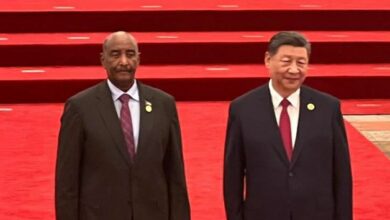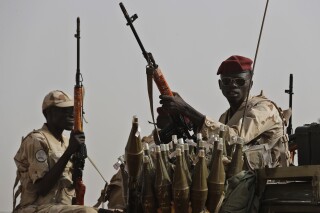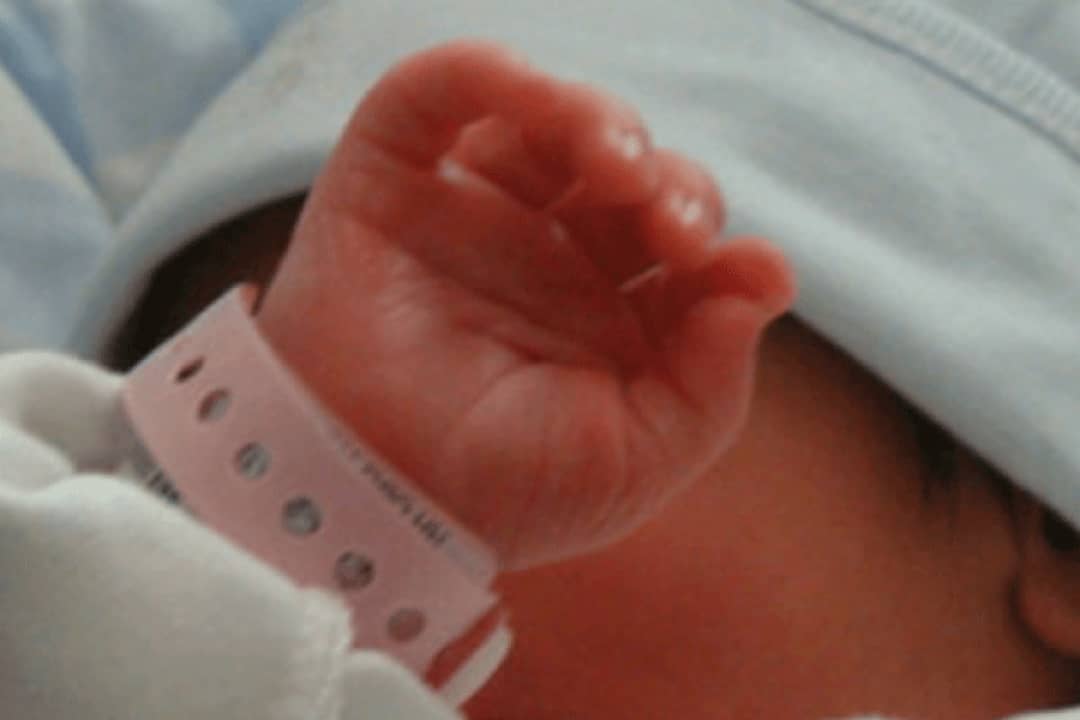
Newborn Early Hearing Detection: No One Left Behind
Cases of Deafness are caused by Genetic Factors and Others by Taking Some Drugs as well as Cases of Stumbling Births and Disease in Newborns

Haffiya Abdalla
Hearing is important to children because this is how they learn to communicate. Babies start hearing sounds before they are born. After birth, babies watch their parent’s faces and hear them speak. The baby’s hearing system continues to develop every day. At three months old, babies will smile when spoken to, and at six months old they will begin to babble and imitate certain sounds. If your baby cannot hear, this process of development will be slowed down and can be detrimental to the cognitive development of your baby.
If your baby happens to fail her hearing screening, it’s important to consult a pediatric audiologist as soon as possible. They will conduct further tests to determine if your child has hearing loss and, if so, to what extent.
The Khartoum State Ministry of Health revealed the allocation of (7) hearing check for newborn children and announced their distribution to the seven localities of Khartoum.
Dr. said. Tasnim Al-Tom Al-Talib, Director of the General Department of Therapeutic Medicine at the Ministry of Health, Khartoum State, said that the devices have been received and will be distributed to the seven localities of Khartoum.
Dr. Tasneem praised the efforts made by the Sudanese Society for the Deaf for detecting cases and providing assistances.
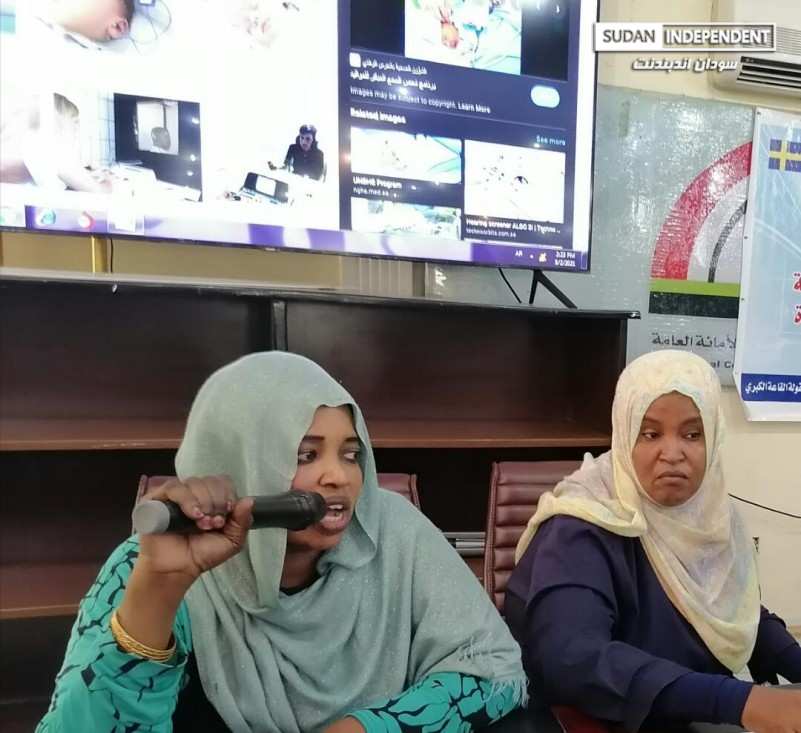
She elaborated while addressing the reflective meeting on the issues of persons with hearing disabilities, during the third media campaign, which was held in the National Council for Child Welfare hall, that the ministry’s plan for the years 2021 and 2022 will allocate budgets for that aspect, with the society’s direction to submit a detailed plan to be included in the ministry’s annual plan through The department entrusted with this is the Partnerships Department.
The Sudanese National Society for Deaf revealed that one child suffers a loss of hearing from every 1,000 newborns, noting that early intervention in newborns will lead to timely treatment and delay in detection always leads to hearing loss, Meanwhile, Ms. Sakina Muhammad Mabrouk, Director of the Programme at Sudanese National Society for the Deaf, called on the decision-making authorities to provide continuous support to conduct early hearing screening for newborns and to include them in the health system service, by enlisting them in children’s immunization cards and spreading health awareness.
Pointing out that the society has been working for four years on the enlightenment side, elaborating that there are 14 institutes distributed over the various states of Sudan, along with 22 branches, noting that cases of deaf people in society are caused by genetic factors and others by taking some drugs as well as cases of stumbling births and disease (Wheezing) in newborns, and added that in 2019, the society found three hospitals that had early detection devices for newborns, in each of the “Soba and midwifery hospitals and the Police Hospital.
Sakina went on to say that the third media campaign aims to enter into strong and supportive partnerships with stakeholders and advocate for the government’s role to adopt the idea on the ground.
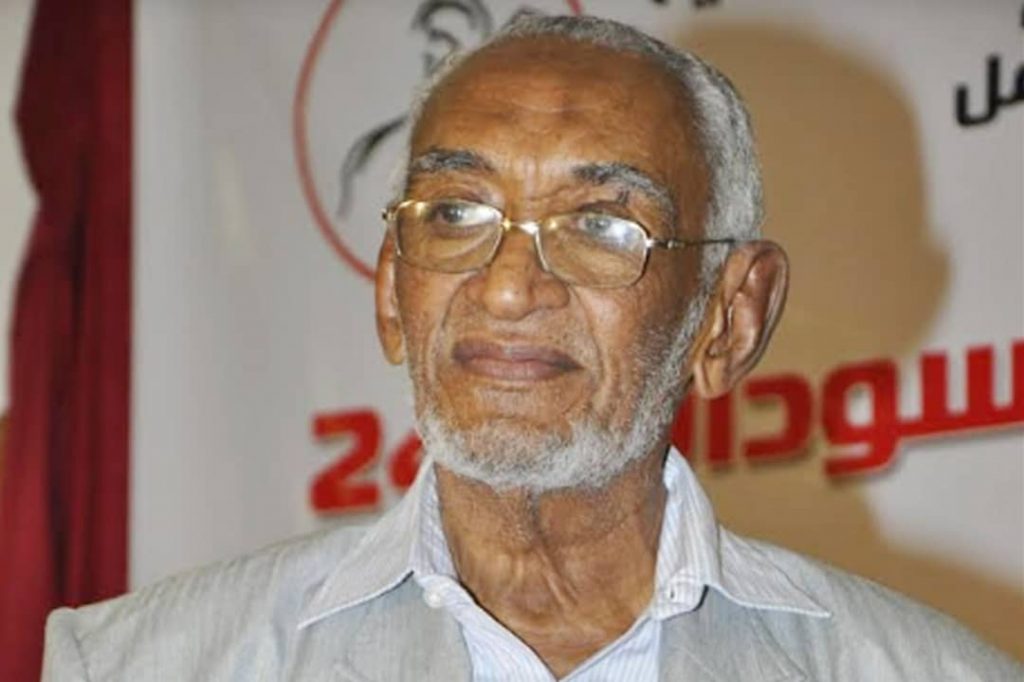
For her part, Ms. Somaya Babiker, representative of the society, said that the association was established in 1969 by the late Dr. Taha Talaat, an ear, nose, and throat doctor at the time, and the idea of establishing the association crystallized by him when several parents complained to him that their children were deaf, pointing out that he started thinking seriously of the issue and the society was registered in the year 1971 in the Ministry of Social Welfare, indicating that the Sudanese National Society for the Care of the Deaf was established in 1993 in the state of Khartoum and spread in several states.
In a related development, Dr. Alaa Abbas revealed in her paper “The Importance of Early Detection” about the presence of a child with hearing loss in every 1,000 children, and that early intervention in newborns works to take appropriate treatment and delay in detection always leads to hearing loss.
It is worth noting that the Sudanese National Society for the Deaf had come into being after its founder, the renowned Ear, Nose, and Throat Specialist Dr.Taha Tala’at noticed the degree of frustration and suffering families felt when they received a deaf or deaf-mute baby. Upon Dr. Tala’at’s initiative, a group of good citizens from different walks of life gathered together in 1970 and drew up a roadmap towards comprehensive attention to this category and its families. The society then obtained a license in 1971.
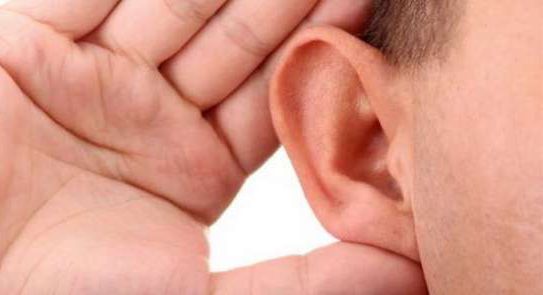
The project aims to detect early intervention, targeting Medical cadres from three Soba hospitals, doctors, and Omdurman hospital.
Ever since its inception, the Society had worked seriously, achieving too much and looking ahead for more and more achievements. We have passed a lot of suffering and we still have a long road to go, with Allah’s help and support.
In its first year, the Society established the first-ever school for the education of the dumb in Sudan. That was al-Amal (hope) Institute (Number One). In 1972 the Society launched the first club for adult deaf-mute citizens after we noticed that some persons with such a disability meet together at a coffee shop in a remote corner of the Khartoum Arabi Market, while others had nowhere to go to, suffering aimlessness, ignorance, and negligence that entail unemployment, depression, addiction and other forms of waywardness. The club was meant to be a place for recreation and education where the member can spend part of his leisure time, demonstrate his talents, and communicate with his community. The society was able to launch another 14 literacy centers in affiliation to the al-Amal Institute. In addition to literacy education, these centers also teach general knowledge and other subjects that eventually propelled some of the students to the universities.
The Society has managed to set 14 institutes for the deaf-mute around the country and has 22 branches nationwide. In 2004 the Society established Sudan’s first secondary school for the deaf (males and females) for further educating the graduates of its institutes. Some graduates of this school have graduated from the universities, in particular the Sudan University For Science and Technology. These graduates have obtained degrees in fine and applied arts and engineering, among other practical sciences.

